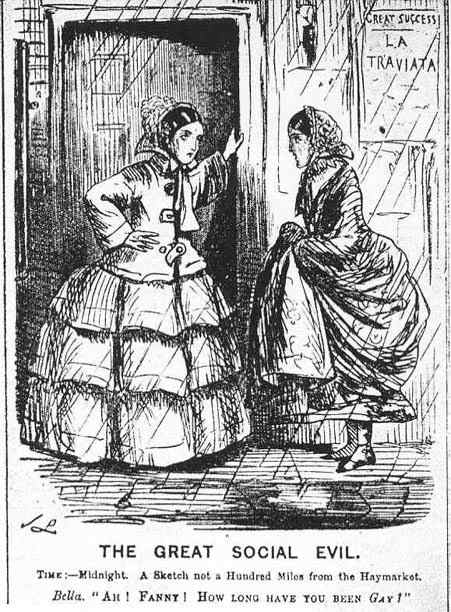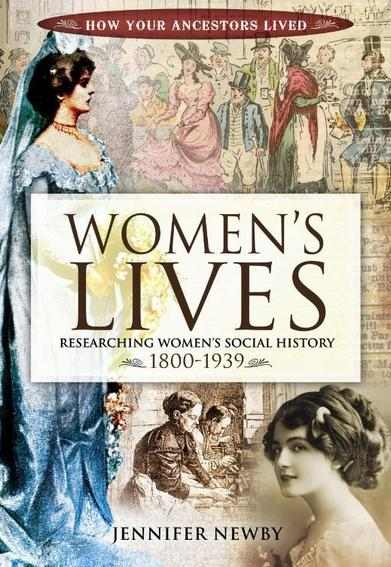Nuggets from Old Newspapers
Posted on
Over the past few months, I've been immersing myself in the world of the nineteenth century while researching my new book, A Visitor's Guide to Victorian England. From crinolines and corsets, to omnibuses and bed-bugs, I've been trying to find out what daily life was really like for Victorians of all classes - and not just in London!
When researching social history, old newspapers are one of the most valuable and revealing sources to use. Not only do they report the news of the day, they also include the opinions of readers in the letters pages and run advertisements for all manner of health cures, home furnishings and time-savers.
During my research, I've discovered that crinolines could be used to conceal stolen goods; that a furnished cottage four miles from London could be rented for two guineas a week (including piano); and that Holloway's ointment and pills claimed to cure "legs that for 11 years were swollen to nearly the size of the person's body".
While I love browsing old newspapers online through 19th Century Newspapers Online or The British Newspaper Archive, nothing quite beats turning the pages of the real thing.
Yellowed and crumpled with age, and often marked with a library stamp, it's easy to imagine a Victorian gentleman thumbing the pages himself, perhaps looking for a new cook, reading the latest report from the local poor law union, or simply browsing the national news.
I've previously found old newspapers in second-hand bookshops or on online auctions but I've recently discovered a new source of publications in excellent condition: Historic Newspapers. The company has the UK's largest archive of original newspapers, and a brilliant research facility so you can search for specific dates. This makes it perfect for buying twentieth century newspapers as gifts for birthdays, anniversaries or other special occasions, or Victorian papers as presents for anyone fascinated with the nineteenth century. That could be Christmas sorted...

